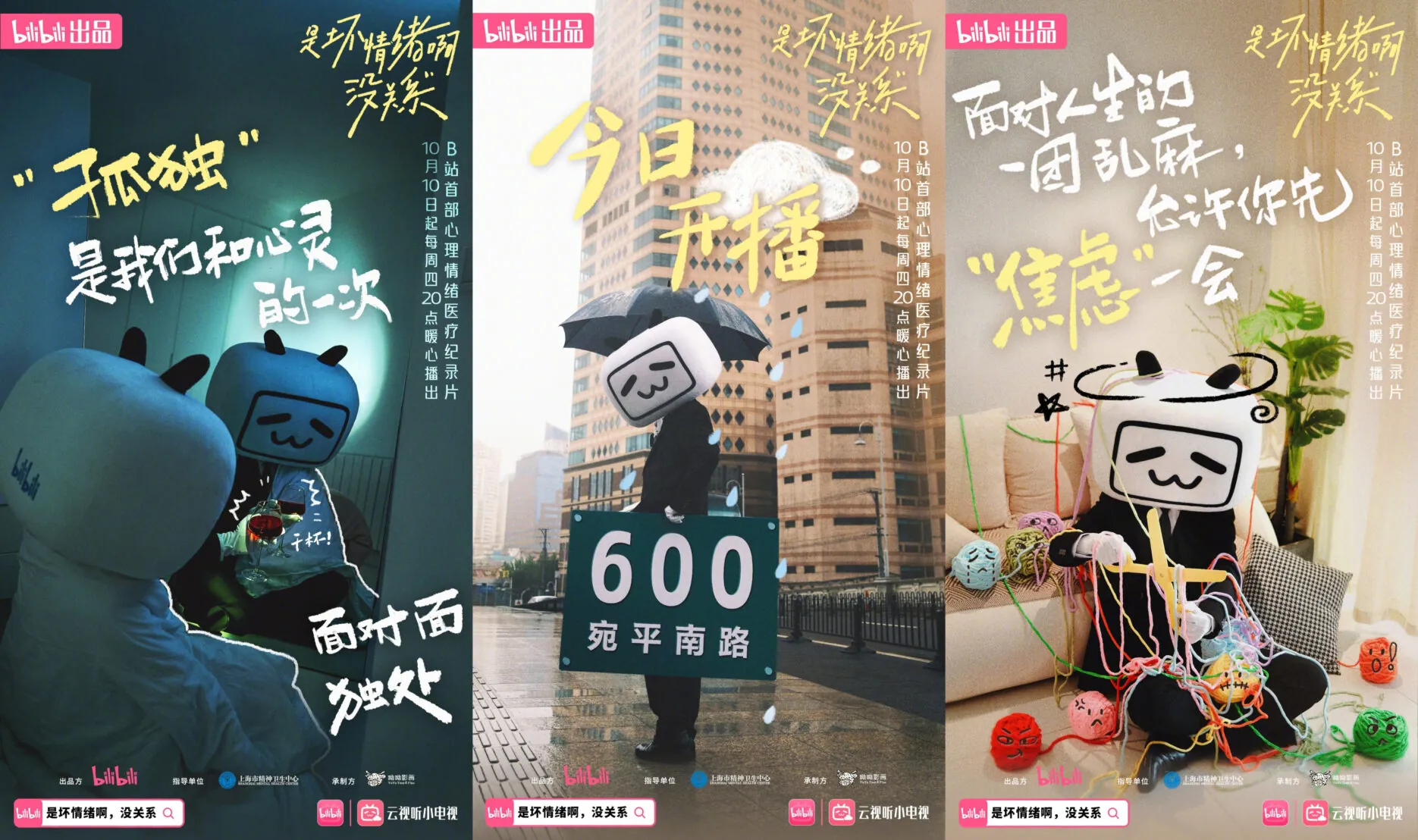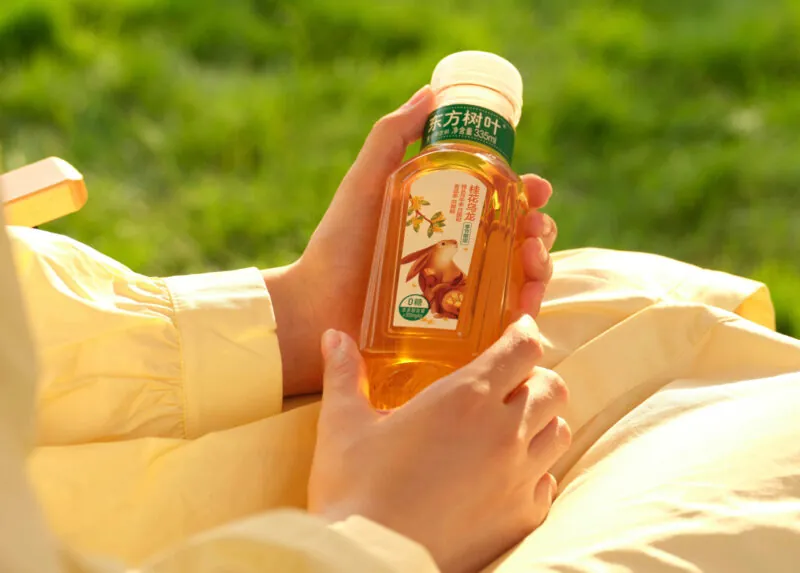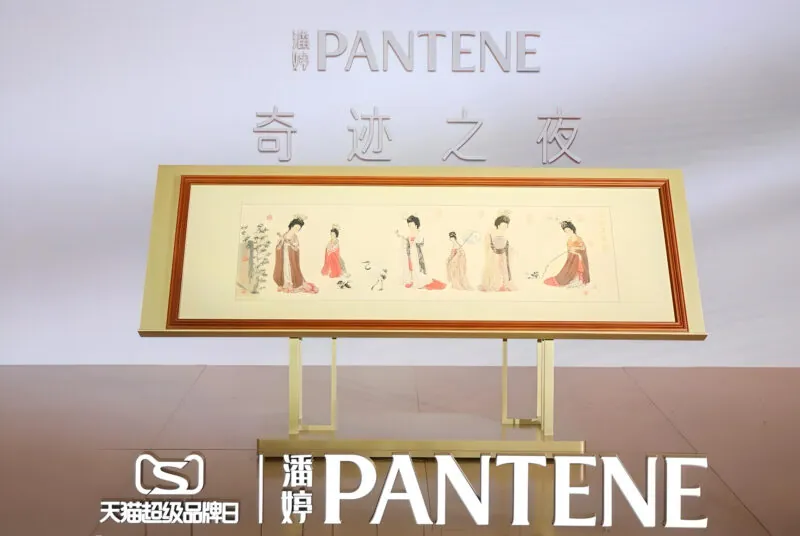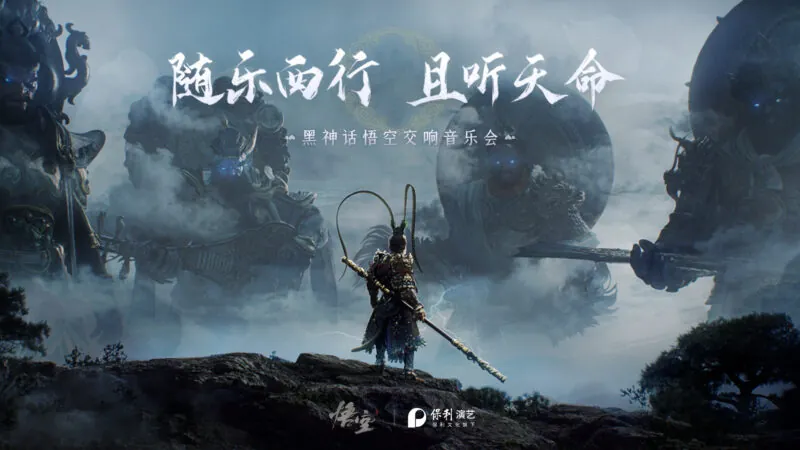Key Takeaways:
- The Shanghai Mental Health Center (SMHC) has been actively raising awareness of mental health issues.
- This World Mental Health Day, the centre collaborated with two platforms, BiliBili and Soul App on campaigns to destigmatise mental problems and negative moods.
- SMHC also hosted another art exhibition as part of its “No 600 Gallery” series.
The Shanghai Mental Health Center, or the SMHC, colloquially called ‘No 600 South Wanping Road’ in Shanghai, has been actively promoting awareness and shattering the stigma around mental health issues through campaigns and activations, from mooncakes to art exhibitions. As World Mental Health Day arrived again on 10 October, SMHC collaborated with brands, or platforms as brands, to help promote the idea of mental health self-care and raise awareness amongst the general public about the issues.
What’s up, doc?
For this World Mental Health Day, video platform BiliBili teamed up with SMHC for a documentary series focused on mental health issues. Titled ‘So it’s Bad Mood, That’s OK’ (是坏情绪啊,没关系), the series is BiliBili’s first medical documentary. It deals with 6 negative emotions including fear, sadness, anger, weariness, confusion and anxiety, through two women and their pasts. The series will be streamed every Thursday from 10 October onwards. On Weibo, China’s Twitter equivalent, the topic “So it’s Bad Mood, That’s OK” (#是坏情绪啊没关系#) gained 7 million views within a week of the announcement.
It is not the first time BiliBili has helped promote mental health. In 2022, the platform recruited 3 mental health specialists, as well as the SMHC to promote awareness and knowledge relating to mental health, and offered online counselling channels to users. This year, again in collaboration with the SMHC, BiliBili put the focus on moods and emotions so it is more relatable to the public and to help them understand mental health upkeep, as well as mental illness prevention, and having understanding and empathy for others.
In collaboration with the SMHC, BiliBili put the focus on moods and emotions so it is more relatable to the public
Soul Poem
This June, the Tencent-backed networking app Soul first collaborated with SMHC to create its poetry project Soul Poem, or “心理医诗”, a play on words between “psychiatrist” (心理医师, xin li yi shi) and “poetry” (诗, shi). In English, the initiative is playfully named P(r)o(bl)em, pointing to the fact that the creators turn their problems into these poems and the poems can, hopefully, offer some insight or solace to the readers’ problems.
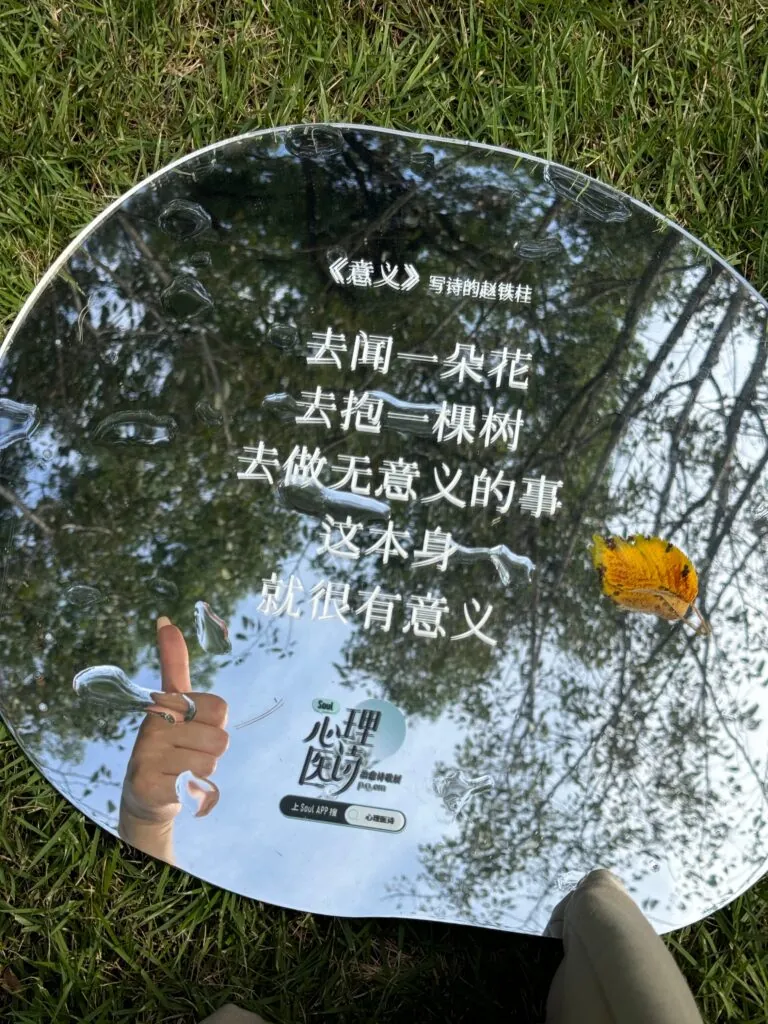
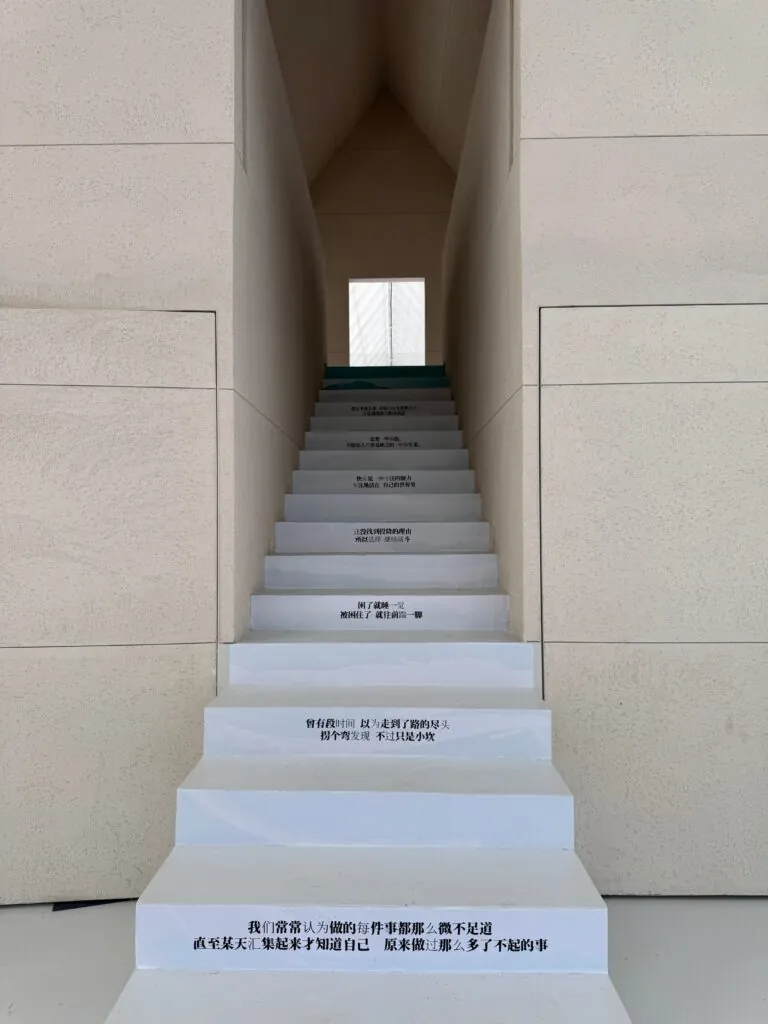
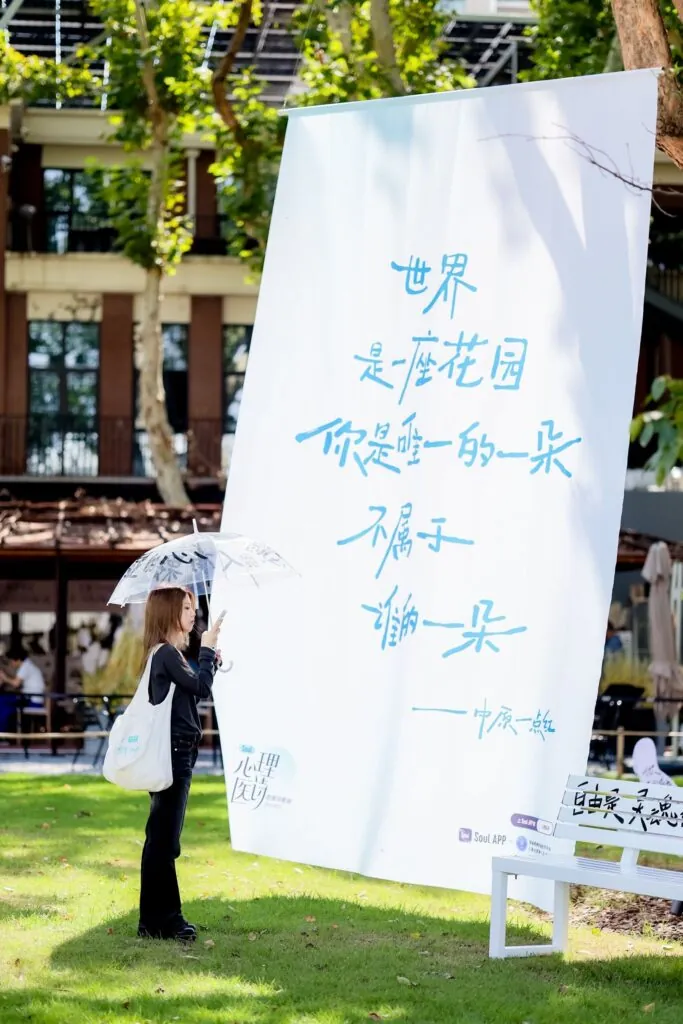
The June edition of the initiative was built around the Lu Xun Park and Breeze Auditorium in Hongkou, Shanghai. The centrepiece of the immersive exhibition is 12 poems from poet Yu Xiuhua, as well as some poetry influences printed on an installation in the auditorium and the surrounding park. Visitors are also invited to write their own verses to express their feelings.
Between 27 September and 10 October, World Mental Health Day, Soul revived the Shanghai exhibition but also brought it to Aranya, a seaside community in Qinhuangdao, Hebei, near Beijing between 5 and 10 October. Online, a talk from doctors from SMHC will be hosted on Soul App on 12 October and a “stand-up comedy” session will be held on the 13th.
No 600 Gallery returns
Last but not least, SMHC also brought back its “No 600 Gallery” exhibition series on 1 October. In July, the centre revived the initiative and put the spotlight on eating disorders. This time round, the display is centred around the theme of obsessive-compulsive disorder (OCD). With a short educational film, the exhibition tries to send a message to both people who suffer from the condition and those around them, to accept and allow “imperfection”.
These include pieces inspired by artists that suffer from the disorder, or those who have in the past. The collection has words from patients about their experiences living with the condition, as well as drawings that express the feeling of anxiety and insecurity brought out by the condition, to educational pieces illustrating the condition. No 600 Gallery aims to bring awareness of OCD, one of the top ten disabling disorders according to WHO and enable people to understand and help OCD sufferers to “accept imperfection and uncertainty”.
Since 2021, during the global pandemic, there has been an online buzzword on Chinese social media called “emo”. It’s used in forms such as “我emo了”. Although some attribute it to the music genre that was popular earlier this century, it is closer in usage to the Japanese expression “エモい” (emo i). Both words literally mean “emotional” and are, in fact, derived from the English word “emotional”. In practice, the word is better associated to “depressed” or “I got the blues” in English. It is, of course, mostly an expression of emotion or mood, instead of clinical depression. But still, many pundits see it as a sign that Chinese netizens are defying the social taboo and opening up about their mental state.
Many pundits see it as a sign that Chinese netizens are defying the social taboo and opening up about their mental state
This is the background of some of the campaigns the SMHC are involved in this year. By using the early stages of mental health problems such as persisting negative moods, which can happen to healthy people under pressure, the centre can destigmatise many of these issues, that is of course, what all three cases are ultimately about. With the holistic wellness trend still ongoing in China, looking after one’s mental and emotional well-being is gradually becoming a part of many people’s routines. It is great to see platforms and brands getting involved to raise awareness of the issue, especially when the centre just announced a co-branded mobile game, or “slow lifestyle” simulator.




